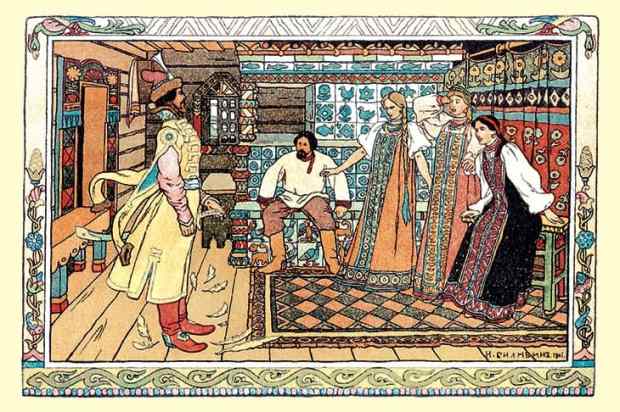As both sides of the great EU debate line up their forces, it is worth reflecting on the implications of the collapse of the Roman republic in the 1st century bc and its transformation into an imperial system under the first emperor Augustus.
Romans dated the start of the collapse to 133 bc. Up till then, they felt that relations between the senate, the traditional, if de facto, ruling authority, and the Plebeian assembly, with its tribunes who could veto senatorial proposals, had worked pretty well, without any serious clashes. This all changed when the ambitious aristocrat Tiberius Gracchus got himself elected tribune in order to use the Plebeian assembly to introduce legislation without senatorial agreement. This was within the law, but the issue — the redistribution among the poor of technically illegal land-holdings of the wealthy — was highly contentious. That passed, but an associated proposal ended in a bloody riot, started by senators, and Tiberius was murdered. His brother Gaius suffered the same fate ten years later.
With the ‘constitution’ now in tatters, powerful dynasts, with money and private armies behind them — Marius, Sulla, Julius Caesar, Pompey — fought it out for power in a series of coups and civil wars. The last man standing in 31 bc was Octavian, the adopted son and heir of Caesar, and it was he who, as the first emperor Augustus, invented Rome’s first standing army. With no obvious rivals and the military’s backing, he restored order and the rule of (his) law to Rome. Historians like Tacitus saw it for what it was: authoritarian one-man rule.
The EU is hardly in the state of late republican Rome. But its central mission, universal economic integration, imposed at whatever cost on member states, has failed. So it proposes yet closer union. But further enforcing such chimerical ends threatens Europe with an even more centralised and undemocratic Augustanism. If that is where the EU is heading, it is time to wave it goodbye.
Got something to add? Join the discussion and comment below.
Get 10 issues for just $10
Subscribe to The Spectator Australia today for the next 10 magazine issues, plus full online access, for just $10.
You might disagree with half of it, but you’ll enjoy reading all of it. Try your first month for free, then just $2 a week for the remainder of your first year.













Comments
Don't miss out
Join the conversation with other Spectator Australia readers. Subscribe to leave a comment.
SUBSCRIBEAlready a subscriber? Log in